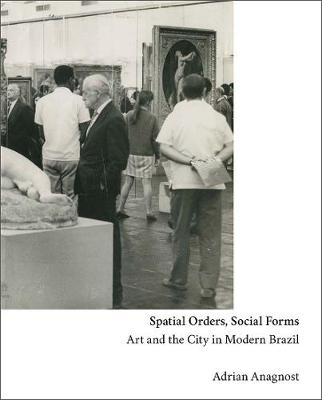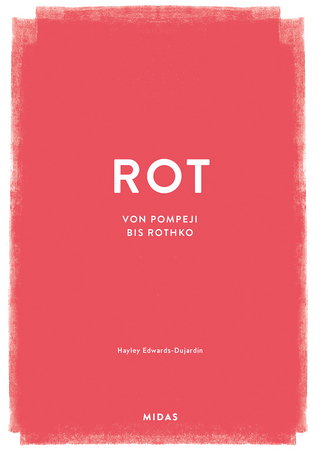
Spatial Orders, Social Forms
Art and the City in Modern Brazil
Seiten
2022
Yale University Press (Verlag)
978-0-300-25401-3 (ISBN)
Yale University Press (Verlag)
978-0-300-25401-3 (ISBN)
A fascinating look at modernist urban planning and spatial theories in Brazilian 20th-century art and architecture
Exploring the intersections among art, architecture, and urbanism in Brazil from the 1920s through the 1960s, Adrian Anagnost shows how modernity was manifested in locally specific spatial forms linked to Brazil’s colonial and imperial past. Discussing the ways artists and architects understood urban planning as a tool to reorganize the world, control human action, and remedy social problems, Anagnost offers a nuanced account of the seeming conflict between modernist aesthetics and a predominately poor and historically disenfranchised urban public, with particular attention to regionalist forms of urban development. Organized as a series of case studies of projects such as Flávio de Carvalho's performative urbanism, the construction of the Ministry of Education and Public Health building, Lina Bo and Pietro Maria Bardi's efforts to modernize Brazilian museums, and Hélio Oiticica's interstitial works, this study is full of groundbreaking insights into the ways that modernist theories of urbanism shaped the art and architecture of 20th-century Brazil.
Exploring the intersections among art, architecture, and urbanism in Brazil from the 1920s through the 1960s, Adrian Anagnost shows how modernity was manifested in locally specific spatial forms linked to Brazil’s colonial and imperial past. Discussing the ways artists and architects understood urban planning as a tool to reorganize the world, control human action, and remedy social problems, Anagnost offers a nuanced account of the seeming conflict between modernist aesthetics and a predominately poor and historically disenfranchised urban public, with particular attention to regionalist forms of urban development. Organized as a series of case studies of projects such as Flávio de Carvalho's performative urbanism, the construction of the Ministry of Education and Public Health building, Lina Bo and Pietro Maria Bardi's efforts to modernize Brazilian museums, and Hélio Oiticica's interstitial works, this study is full of groundbreaking insights into the ways that modernist theories of urbanism shaped the art and architecture of 20th-century Brazil.
Adrian Anagnost is Jessie Poesch Assistant Professor in the Newcomb Art Department at Tulane University.
| Erscheinungsdatum | 13.10.2021 |
|---|---|
| Zusatzinfo | 62 color + 52 b-w illus. |
| Sprache | englisch |
| Maße | 203 x 254 mm |
| Themenwelt | Kunst / Musik / Theater ► Kunstgeschichte / Kunststile |
| Technik ► Architektur | |
| ISBN-10 | 0-300-25401-6 / 0300254016 |
| ISBN-13 | 978-0-300-25401-3 / 9780300254013 |
| Zustand | Neuware |
| Informationen gemäß Produktsicherheitsverordnung (GPSR) | |
| Haben Sie eine Frage zum Produkt? |
Mehr entdecken
aus dem Bereich
aus dem Bereich


